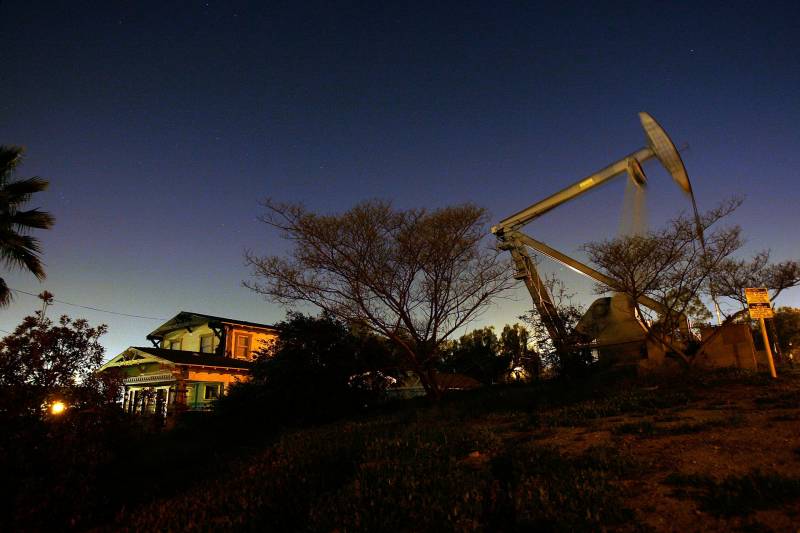A Bay Area lawmaker is seeking to limit the use of natural gas in new public buildings and schools across California in a bill introduced in the Assembly this week.
AB 33, introduced by Phil Ting, D-San Francisco, would only affect new state buildings and public schools by, in effect, requiring electric furnaces and appliances. But it would also prevent utilities from offering its customers subsidies for new gas pipe installations anywhere.
Across California, advocates have pushed cities and state agencies to ban gas. What began a year-and-a-half-ago with Berkeley passing a first-of-its-kind ordinance to prohibit natural gas in newly constructed buildings has spread to more than three dozen cities across California, including San Francisco, San Jose and Oakland in the past month alone.
Ting’s office says 10% of the state’s emissions come from gas appliances used to heat buildings and dry clothes. His bill is meant to improve the air quality in new public buildings, limit the growth of a vast network of natural gas lines around the state and fight climate change.
“We need to confront rising [greenhouse gas] emissions by reducing these harmful air pollutants where we can,” he said. “No adjustment is too small.”
